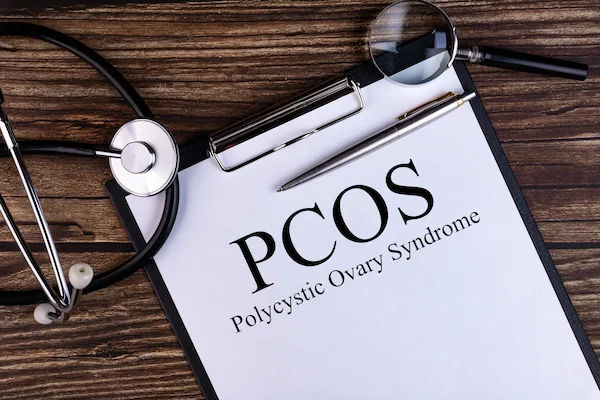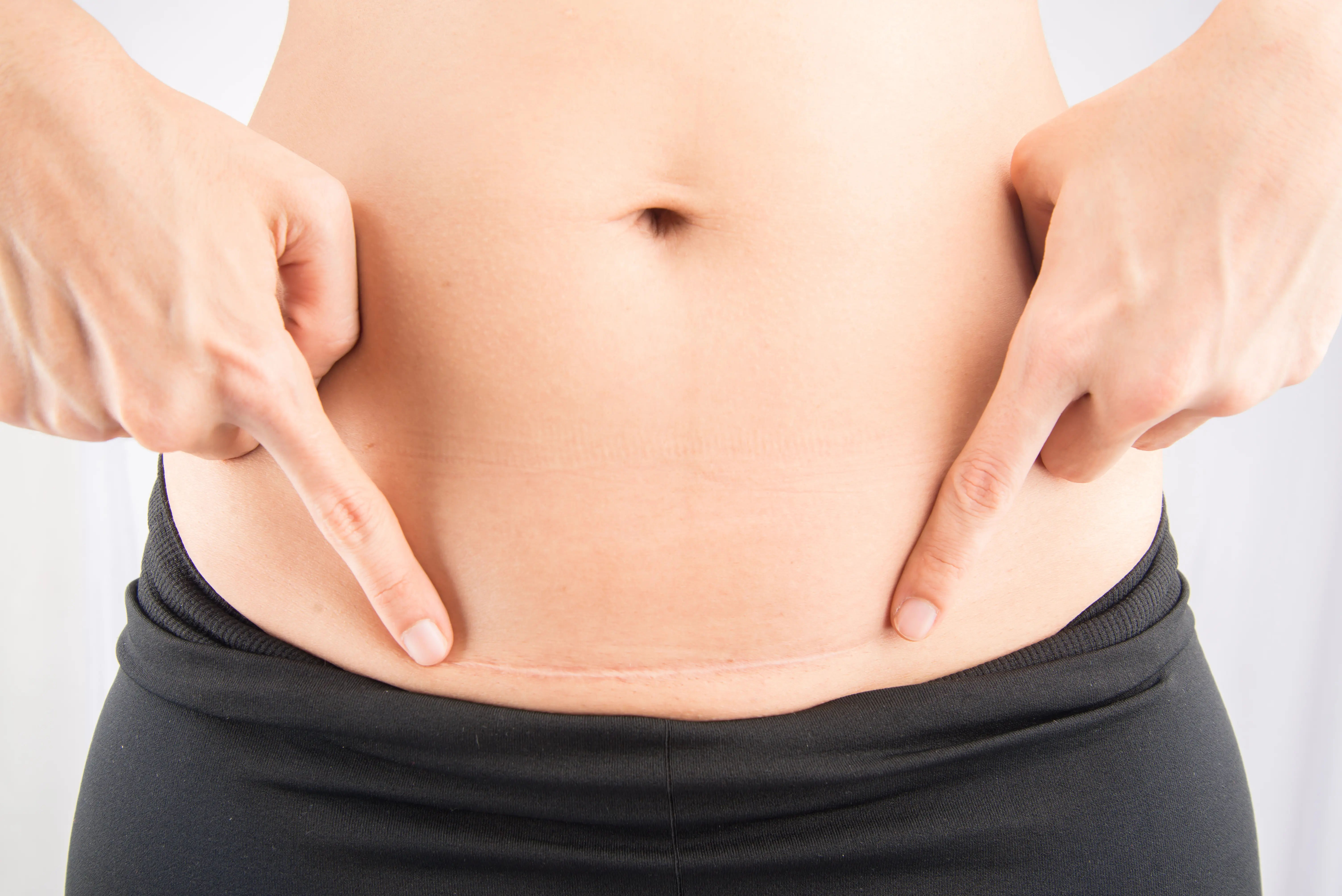- Female
- 30 Years
- 20/02/2025
Can bilateral tubal blockage be cleared with Ayurveda, and how long might it take? I'm concerned about having hydrosalpinx, which I understand is fluid blocking my fallopian tubes. Any insights on this would be really helpful!
Answered by 1 Apollo Doctors
better to go for medical treatment
Dr. Ibrahim Suggests...
Consult a Obstetrician and Gynaecologist
Answered 04/07/2025
0
0

Ask Apollo
AI powered Health Chatbot
-
Understanding Bilateral Tubal Blockage and Hydrosalpinx
- These conditions involve blocked fallopian tubes and fluid accumulation, affecting fertility by preventing egg and sperm meeting.
-
Ayurveda and Its Approach
- Ayurveda focuses on balancing body energies and may use herbs, diet, and lifestyle changes to support reproductive health.
-
Effectiveness of Ayurveda for These Conditions
- Limited scientific evidence supports Ayurveda for clearing blockages. Expectations should be realistic, and results vary.
-
Duration of Treatment
- Ayurvedic treatments may take several months to show effects, with variability based on individual response.
-
Recommendations
- Consult both Ayurvedic and conventional fertility specialists. Regular diagnostic follow-ups are crucial to assess progress.
-
Additional Considerations
- Surgical or assisted reproductive techniques might be necessary if Ayurveda is ineffective. Personalized treatment plans are essential.
Recommended next steps
Consult a Infertility Specialist
Answered 20/08/2025
0
0

More Obstetrics & Gynaecology Health Queries
View allI'm about 6 weeks pregnant and I've been having this light green vaginal discharge every day since week 4. There's no itching, but I'm really worried about why it's happening. I'm on thyroxine, progesterone, and folic acid tablets. Could this be related, or should I be concerned about something else?
Green vaginal discharge during pregnancy can be caused by a number of infections, including:Bacterial vaginosis: An overgrowth of common bacteria that causes inflammation and a fishy-smelling discharge that may be gray or green and watery. It can cause problems during pregnancy, such as preterm birth. Trichomoniasis: A sexually transmitted infection (STI) caused by the parasite trichomonas vaginalis. It can cause a green discharge. Gonorrhea or chlamydia: Other STIs that can cause green discharge. Yeast infection: Also known as candidiasis, this is one of the most common vaginal infections during pregnancy. Urinary tract infection (UTI): Can cause discharge during pregnancy and may need to be treated.So consult gynaecologist for the same
Answered by 1 Apollo Doctors
I have ovarian cysts on both ovaries measuring 63x44 mm can these be treated with medication or will I need surgery
Simple ovarian cysts under 7 cm are often treated with birth control pills—repeat scans and hormonal balance help in many cases.
Answered by 1 Apollo Doctors
My friend had a medical abortion at six weeks. Initially, she didnt bleed for more than a day, but when the bleeding started, it was really heavy and lasted about four days before stopping all of a sudden. Is it normal for the bleeding to stop after just a few days like that? Since it stopped, she's been having severe stomach pain along with fever and headache. Could you help us understand why the bleeding might have stopped so quickly and what might be causing her to have these symptoms?
go for ultrasound scan and consult Obestricician
Answered by 1 Apollo Doctors
Disclaimer: Answers on Apollo 247 are not intended to replace your doctor advice. Always seek help of a professional doctor in case of an medical emergency or ailment.


.webp)

